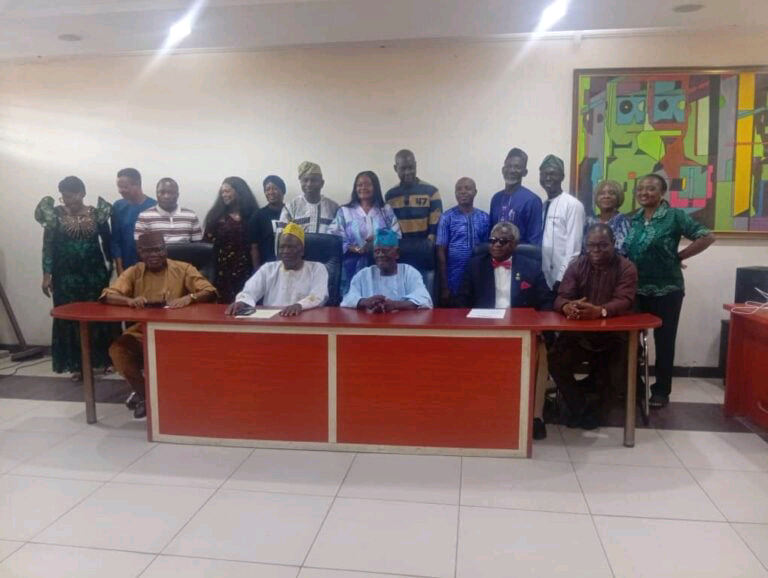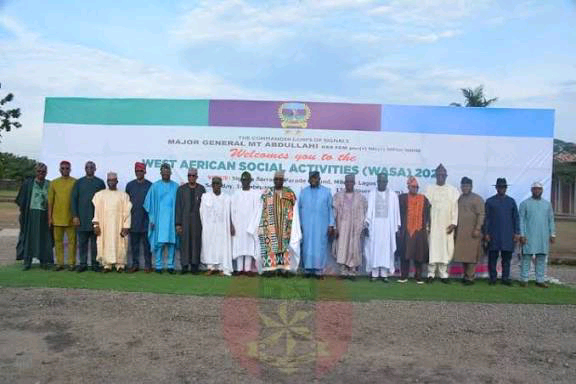Nigeria Was Spending $1.5 Billion Monthly to Subsidise Naira Before Tinubu, Says Reno Omokri
Former presidential aide to President Goodluck Jonathan, Reno Omokri has claimed that the Nigerian government was spending as much as $1.5 billion monthly to subsidise the naira before President Bola Tinubu assumed office.
Omokri, a vocal political commentator, made this known in a statement defending Tinubu’s foreign exchange reforms.
According to Omokri, the Central Bank of Nigeria (CBN) had maintained an artificial exchange rate for years by using the country’s foreign reserves to defend the naira, a policy he described as economically destructive.
He said the approach encouraged currency arbitrage and benefited a select few with privileged access to foreign exchange, while draining the nation’s resources and weakening its economic fundamentals.
“What most Nigerians do not know is that before President Tinubu came into power, the CBN was spending approximately $1.5 billion every single month just to keep the naira artificially strong,” Omokri said.
“This created an environment where some people made billions through arbitrage, while the economy bled.”
Before the current administration’s reforms, Nigeria operated a multiple exchange rate system, with the official rate far below the market rate. This created opportunities for well-connected individuals to access dollars at subsidised rates and sell them for profit on the black market.
Omokri noted that this policy did little to support the average Nigerian and instead contributed to widespread economic inefficiencies.
Since taking office in May 2023, President Tinubu has moved to end the policy by floating the naira, allowing its value to be determined by market forces.
The administration also scrapped the long-standing fuel subsidy, which had cost the country trillions of naira over the years.
The reforms have been met with mixed reactions, with many Nigerians facing increased living costs and inflation, but Tinubu has insisted the changes are necessary for long-term stability.
Omokri acknowledged the economic difficulties caused by the reforms but maintained they were a necessary step to restore Nigeria’s financial health.
He said the country is already seeing signs of improvement, such as reduced fuel importation and growing momentum for domestic refining and production.
“We are beginning to see the benefits already. Fuel importation is down, local refining is picking up, and the economy is slowly moving toward sustainability,” he stated.
While the reforms have won praise from international institutions like the IMF and World Bank, they remain politically sensitive at home.
Many Nigerians continue to express concern over inflation, unemployment, and declining purchasing power. The federal government has announced several palliative measures, including cash transfers and agricultural support, to cushion the impact.
Omokri’s comments reflect the broader debate on Nigeria’s economic path under Tinubu’s leadership.
As the country adjusts to the sweeping changes, the administration faces growing pressure to ensure that economic reforms are accompanied by policies that protect the most vulnerable.







